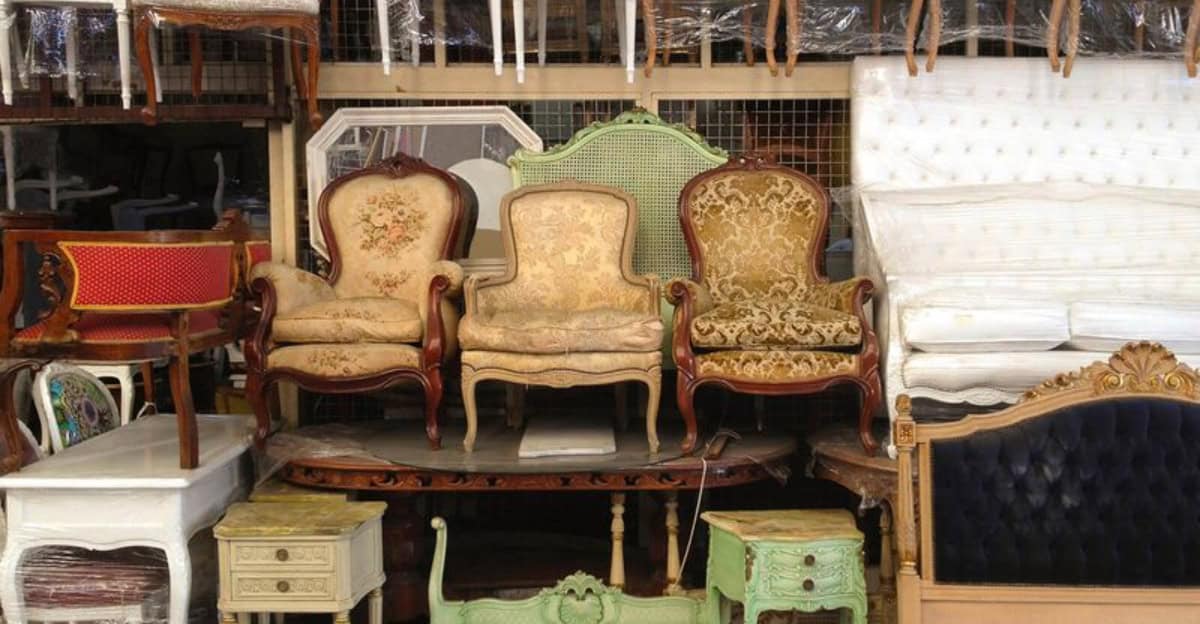Thrifted furniture finds are a blend of charm, nostalgia, and potential for one-of-a-kind home decor treasures.
Yet, there’s a side to these beloved hunts that often goes unspoken.
1. Allergen Residue
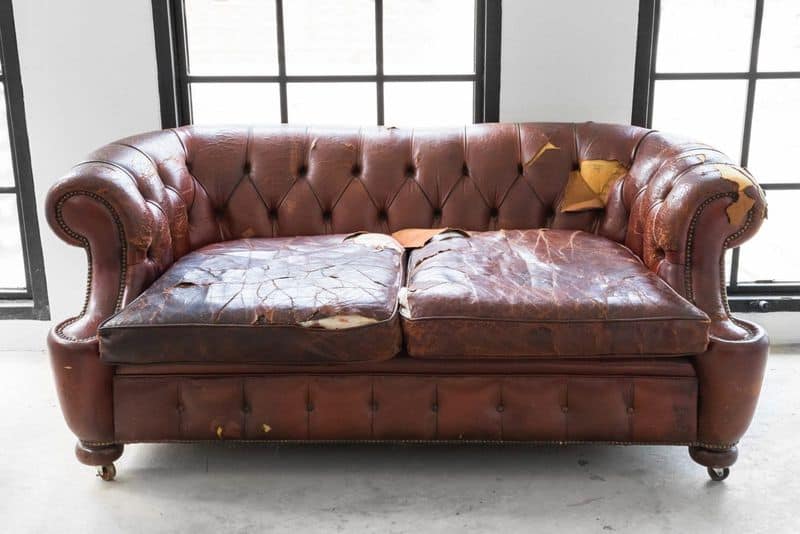
Thrifted furniture might harbor allergens. Dust mites and pet dander can linger within cushions and crevices.
Vacuuming and cleaning are essential steps post-purchase. Allergens can trigger reactions, especially in sensitive individuals.
Ensure pieces are thoroughly cleaned before bringing them into your living space. Consider professional cleaning services for fabric-heavy items to eliminate potential health risks effectively.
2. Pest Infestations
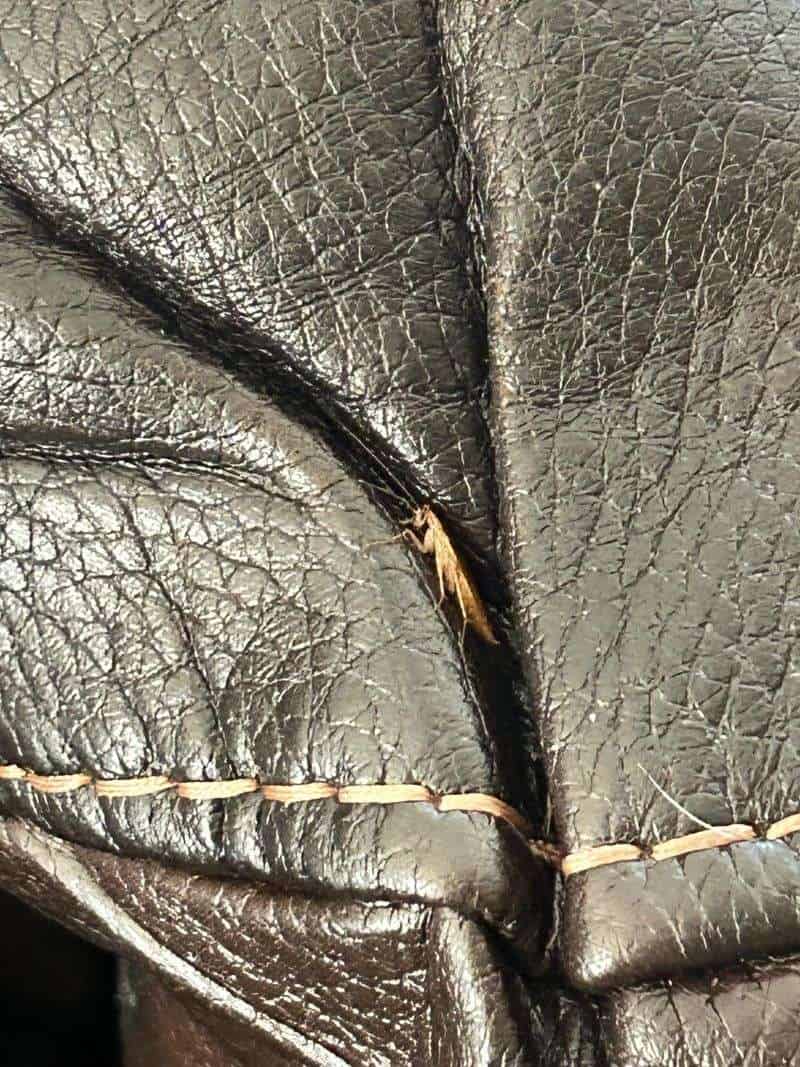
Pests in thrifted furniture can be a hidden issue. Wooden pieces are prone to termites, while fabric items might carry bed bugs.
Inspect carefully for small holes or marks. Treating infestations requires effort and can be costly.
Always quarantine new pieces before integrating them into your home. Using pest deterrents or professionals can help manage this potential problem effectively.
3. Inconsistent Sizing
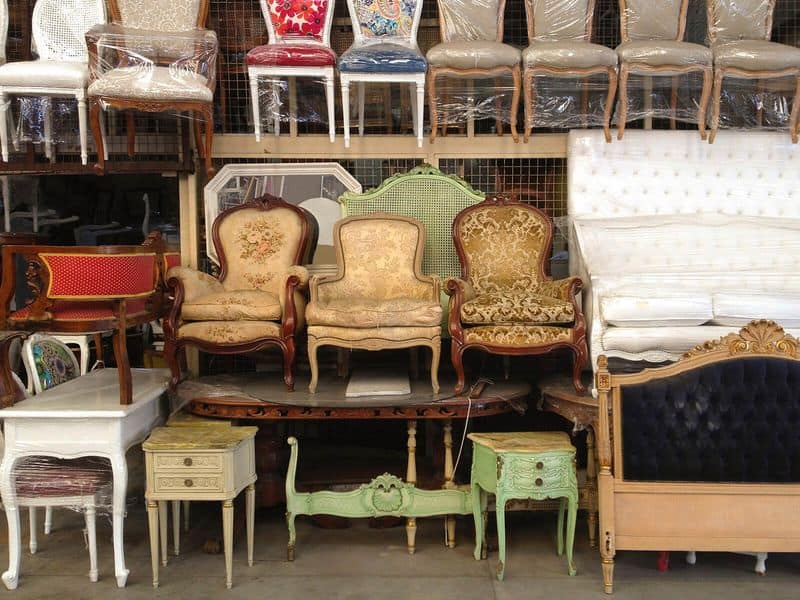
Thrifted furniture often comes in irregular sizes. Standard measurements may not apply, complicating integration with existing decor.
Measure each piece meticulously before buying. Inconsistencies can disrupt your room’s harmony and require creative solutions.
Consider how a piece’s unique dimensions can complement or contrast your current setup. Adaptability and creativity are key to making thrifted finds work.
4. Odor Retention
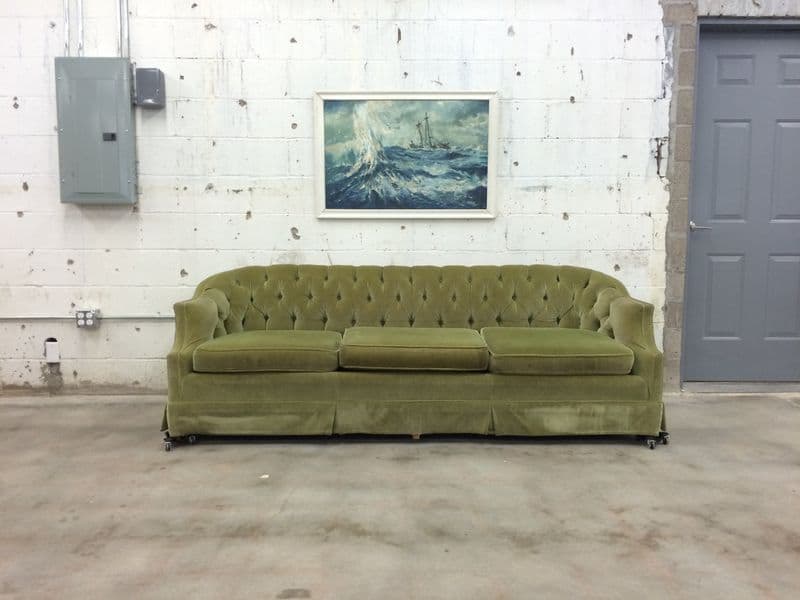
Odors can cling to thrifted furniture. Musty smells are common, especially in older pieces.
Airing out items and using odor neutralizers can help. Persistent smells may require professional treatment.
Don’t underestimate the power of natural sunlight and fresh air. Tackling odors is crucial for comfort and to ensure your new piece feels truly at home in your space.
5. Limited Lifespan
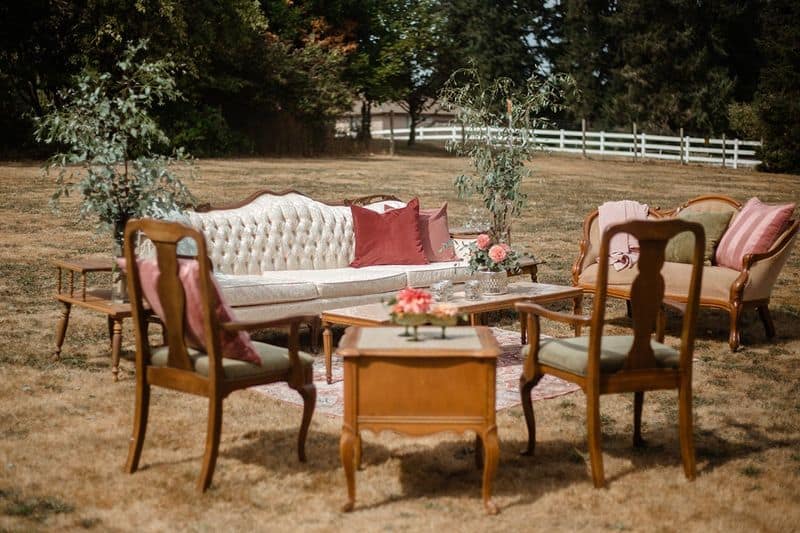
Thrifted pieces may have a limited lifespan. Previous wear and tear affect durability.
Evaluate each item’s construction and materials. Some vintage finds might require reinforcement to extend usage.
Be prepared for the possibility of a shorter lifespan compared to new furniture.
Embrace the charm and character, but balance it with realistic expectations about longevity. Repairs and reinforcements can sometimes prolong their usability.
6. Hidden Damages
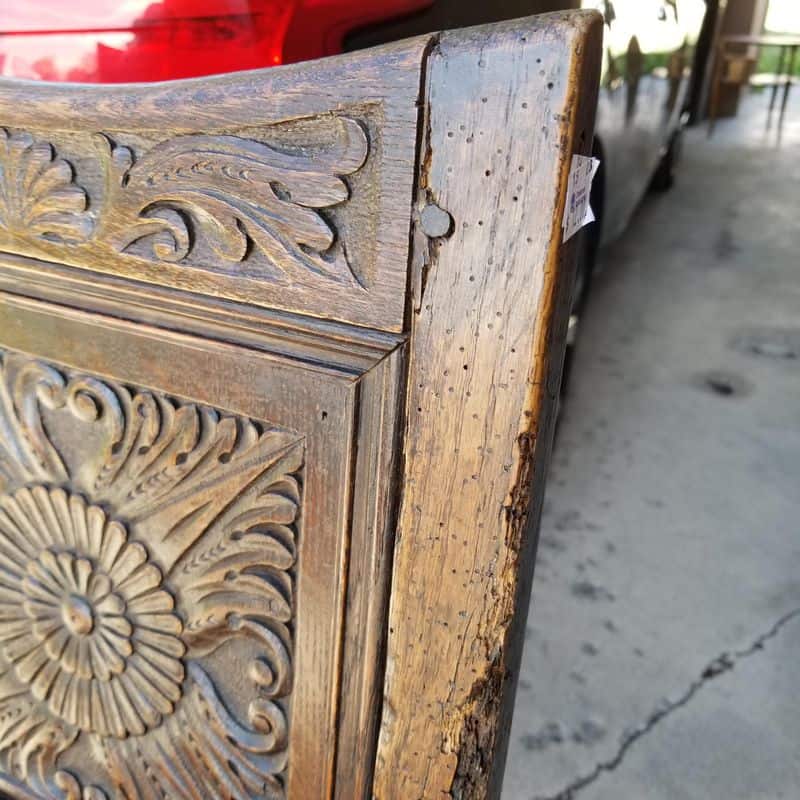
Thrifted furniture often hides unseen damages. Upon a casual glance, a vintage chair might seem perfect.
However, closer inspection may reveal scratches or structural issues. Always check for hidden flaws beneath cushions or behind frames.
These surprises can lead to unexpected repair costs. A good tip is to carry a flashlight to illuminate those hidden spots, ensuring you don’t miss any critical damage before purchasing.

